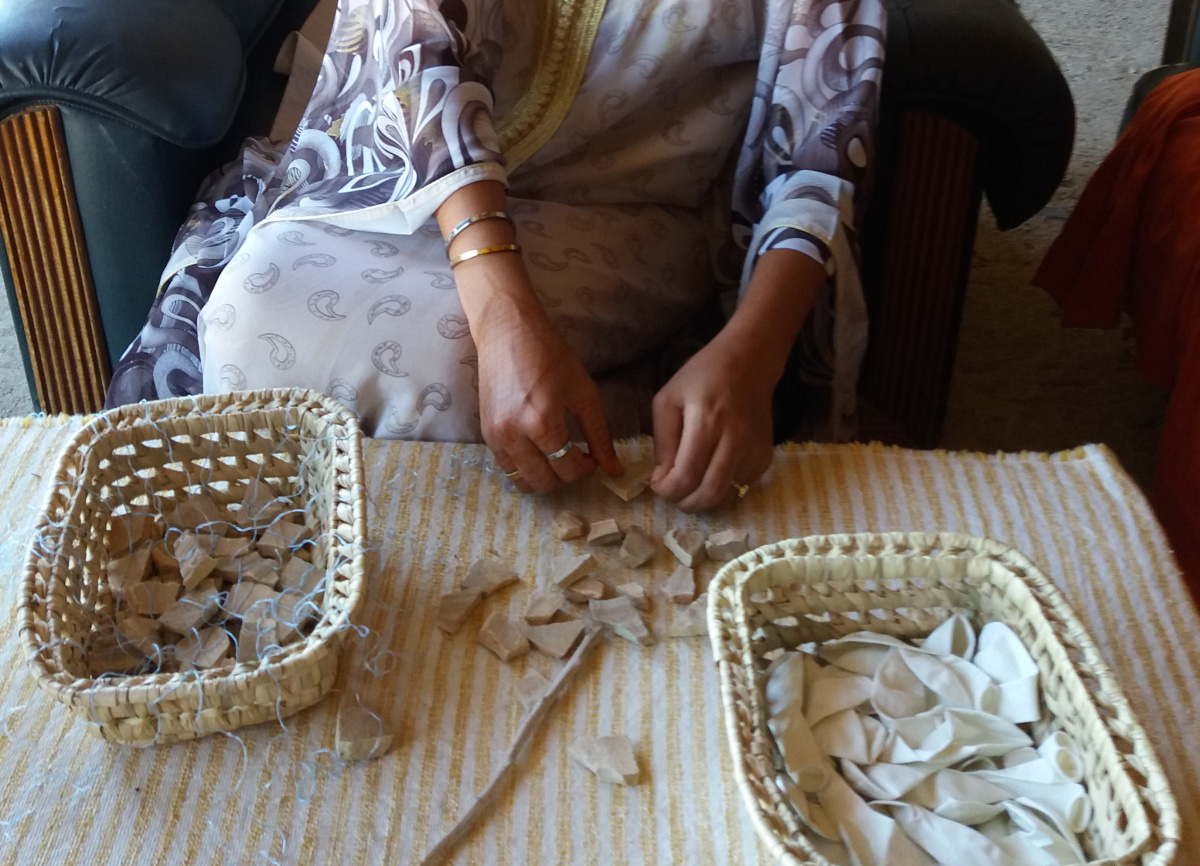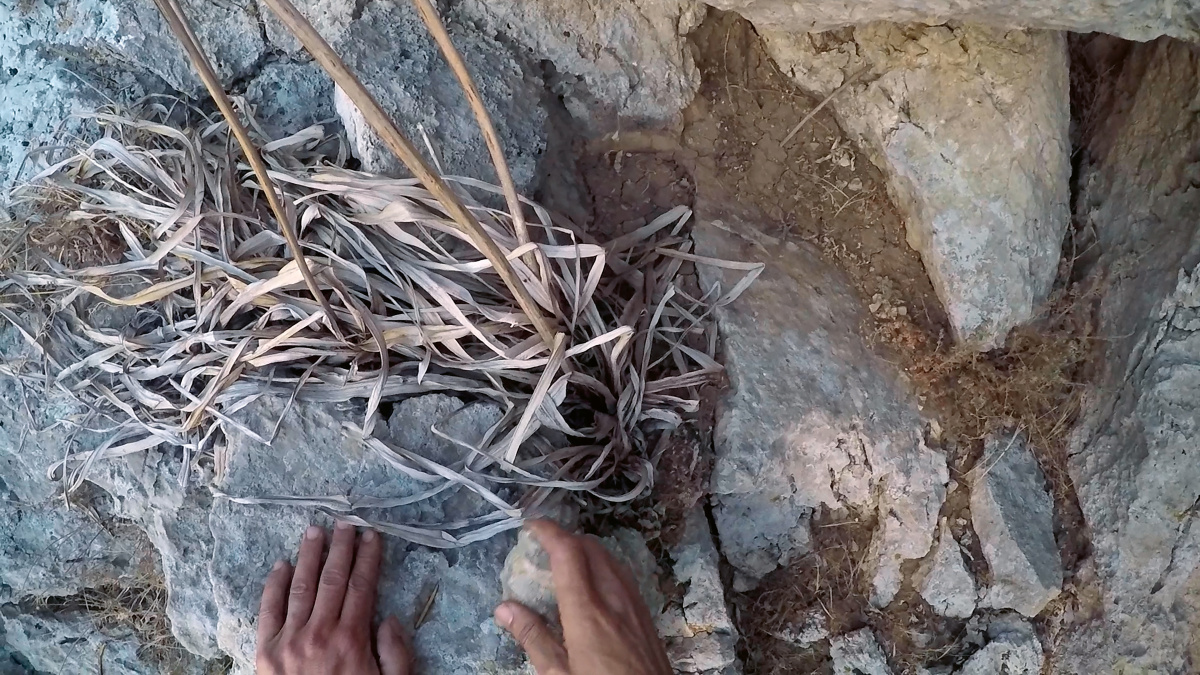
Sufi Healing, Postcolonial Bodies, and Sonic Pluralism
Based on a collaboration with the visual artist Ramia Beladel in Moulay Bouchta, Morocco, this chapter of Gilles Aubry’s book Sawt, Bodies, Species provides an introduction to spiritual possession and Sufi healing practices. These effects are discussed in relation to Beladel’s own engagement with Sufi practices in her artistic work, along with gender politics. Gilles Aubry proposes new dimensions of sonic experience relative to embodiment, healing, gender, and performative art.
Popular Sufism provides examples in which sound channels the healing power of particular saints and spirits, like in trance ceremonies. These practices are often framed by socio-economic precariousness and by a critique of state policies, participating thus in collective tactics of resistance. Informed by Beladel’s long term research on popular Sufism, healing rituals, and women healers, the collaboration highlighted the centrality of the body in such practices, pointing to the complex history of postcolonial embodiment.
Ramia Beladel, born 1987 in Marrakesh, graduated from the National Institute of Fine Arts (INBA) in Tetouan in 2013. She uses a variety of media (drawing, objects, photography, video) and formats (installations and performances). Her work has been presented in Morocco and internationally. Follow her via her website or on Instagram.
This abstract refers to the chapter «A Wasted Breath Inside a Balloon: Popular Sufi Healing, Postcolonial Bodies, and Sonic Pluralism» (pages 155–94) of the book Sawt, Bodies, Species: Sonic Pluralism in Morocco by Gilles Aubry, published by adocs in 2023. This contribution is part of the Norient Online Special Sawt, Bodies, Species, a joint publication with adocs, extending the physical book into a digital publication with additional video and audio materials. The Open Access publication of this book was made possible with the support of the Swiss National Science Foundation (SNSF).
Biography
Links
Published on May 04, 2023
Last updated on June 20, 2023
Topics
From hypersexualised dance culture in baile funk to the empowering body culture in queer lifestyles.
Why is a female Black Brazilian MC from a favela frightening the middle class? Is the reggaeton dance «perreo» misogynist or a symbol of female empowerment?
From world known reggae musicians fighting against the devil to the black metal scene in Indonesia.
